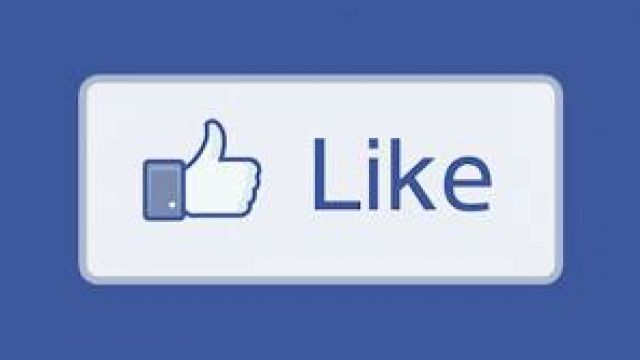Social Media and Sold Out Shows
Gary Gumbleton, Head of Sales at Iticket (New Zealand), explains how theatres can ride the social media wave to fill their theatres.
Why should you be using social media? Well, above all, it’s free (although you can pay for additional reach). It allows you to feed information directly to the people who are specifically interested in what you have to offer.
There are plenty of social media sites online. If you’re new to all of this, it’s best to focus on Facebook and Twitter. Facebook is a very personal thing. You see your friend’s daily activities in one vertical feed and you slot in your 10c worth.
Twitter on the other hand is a realtime list of both the general public and famous people’s updates and opinions; it’s fast paced and often people distribute news first on Twitter.
Consider if you’re asking people to ‘like’ your Facebook page or follow your Twitter account Why should they bother? You need to offer your fans something they can’t get anywhere else (or at least get it first online).
 Once you have the content to post online, the second question you should ask yourself is ‘How do I get people to interact with this content?’ An example I like to use is the recent Coke campaign where they printed people’s names on the bottle. Before my name was written on the side of the bottle, I would never have thought of taking a picture and posting it on my Facebook page. Now that I see something on the bottle I can interact with, I feel the impulse to share this experience with my friends.
Once you have the content to post online, the second question you should ask yourself is ‘How do I get people to interact with this content?’ An example I like to use is the recent Coke campaign where they printed people’s names on the bottle. Before my name was written on the side of the bottle, I would never have thought of taking a picture and posting it on my Facebook page. Now that I see something on the bottle I can interact with, I feel the impulse to share this experience with my friends.
Let’s bring it back to theatre. If a company posted about the musical Chicago starting in May, unless I am a truly avid fan of Chicago then I am not going to interact with this post.
If you asked who your favorite character in a show was and included the poster of your up and coming production of Chicago, people will answer your question AND see your poster.

The reason you want people to interact with the post is Virality. You want your current fans to see your post but one of your goals should be to increase your fan base. If I interact with the post, this interaction will show up in my friends’ feeds. If they are interested in the post, they will then ‘Like’ your page to find out more.
There are only three reasons why a post becomes viral: Unexpectedness, Audience Participation and Tastemakers.
A superb example of this is when Music Theatre New Zealand posted an image of the full Sound Of Music cast ‘then and now’. As the image was unexpected, people wanted to interact and share it with their friends. Now, bearing in mind that MTNZ has a healthy 2000 followers, this image was seen by almost 400,000 people because of the public interaction.
 Without paying for advertising, MTNZ had been inserted in to almost half a million Facebook feeds at the flick of a wrist. This kind of virality is near on impossible to replicate; sometimes you just hit the jackpot.
Without paying for advertising, MTNZ had been inserted in to almost half a million Facebook feeds at the flick of a wrist. This kind of virality is near on impossible to replicate; sometimes you just hit the jackpot.
Any image you post on Facebook should be seen as ‘Marketing’. Your Facebook page itself is free ‘Marketing Real Estate’ so use it as much as you can. Ask cast members to use a show poster as their image for the duration of the season.
A month or so ago I presented a forum on exactly this topic. When I opened up to questions, we came up with the perfect idea to offer exclusivity to your fans and increase virality without paid advertising:
For your next show, get the lead actor/actress to be on your Facebook page (within a specific time period) to answer questions. People will not be able to be a part of this experience anywhere else online AND every time someone asks a question, this will show up in their friends feeds. The more questions answered the more virality. Easy!
This is how you use social media to get sold out shows.
Originally published in the May / June 2013 edition of Stage Whispers.
Subscribe to our E-Newsletter, buy our latest print edition or find a Performing Arts book at Book Nook.

